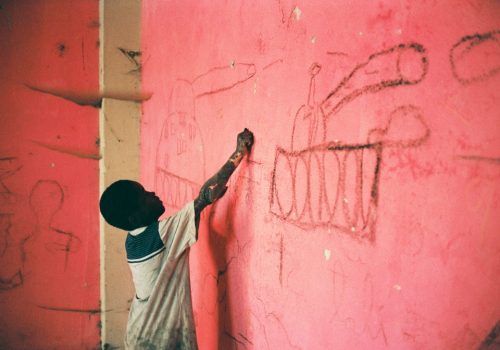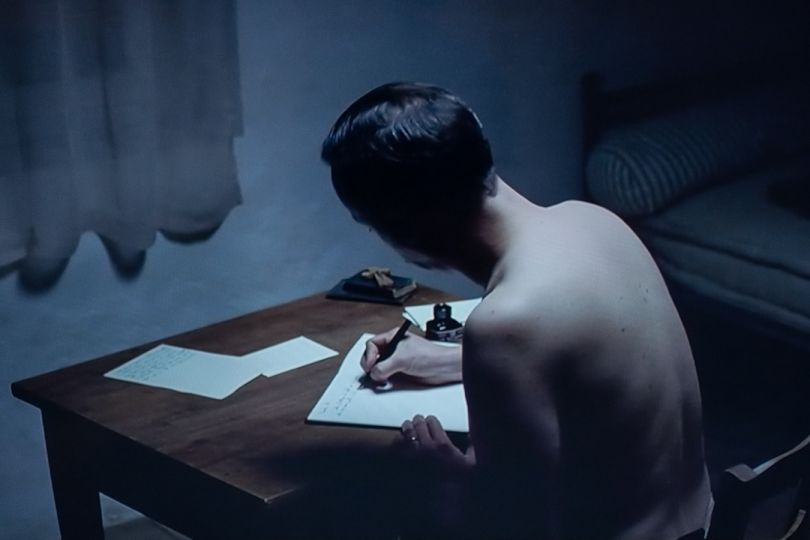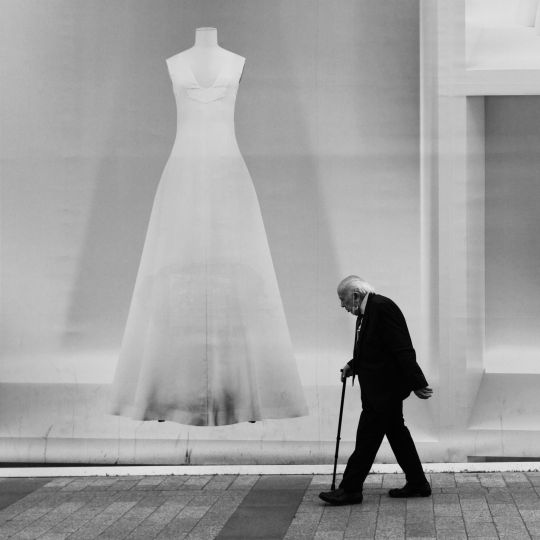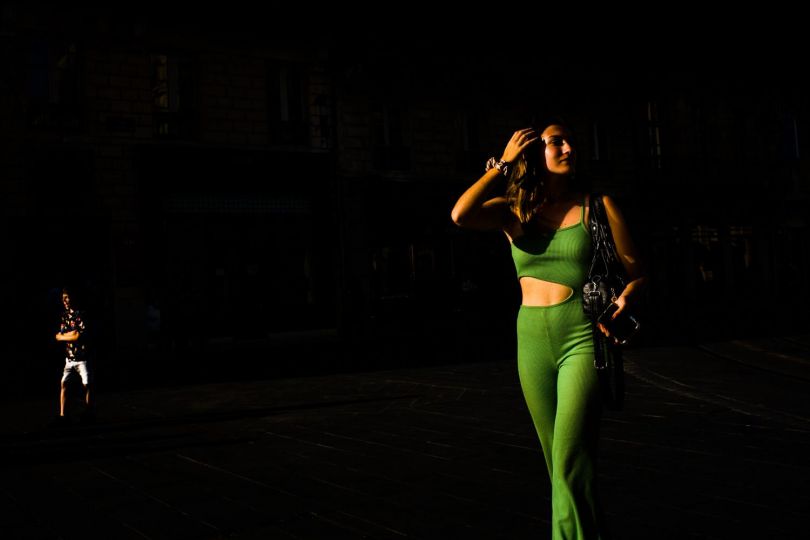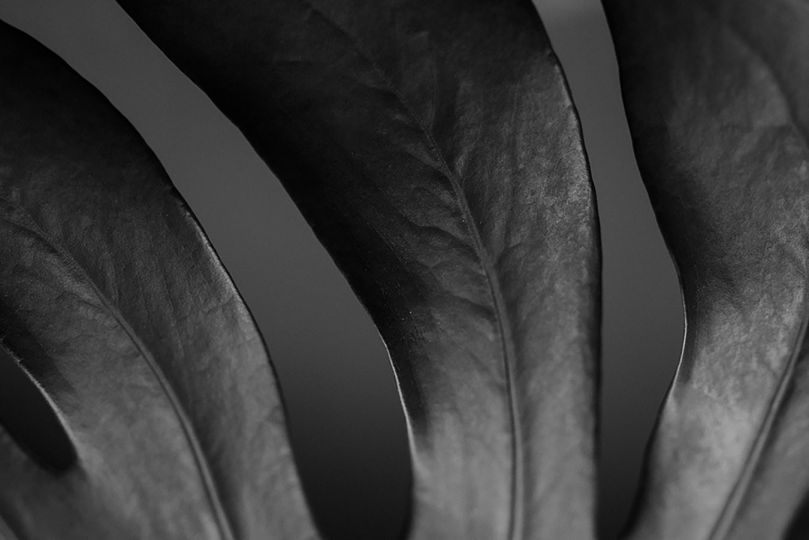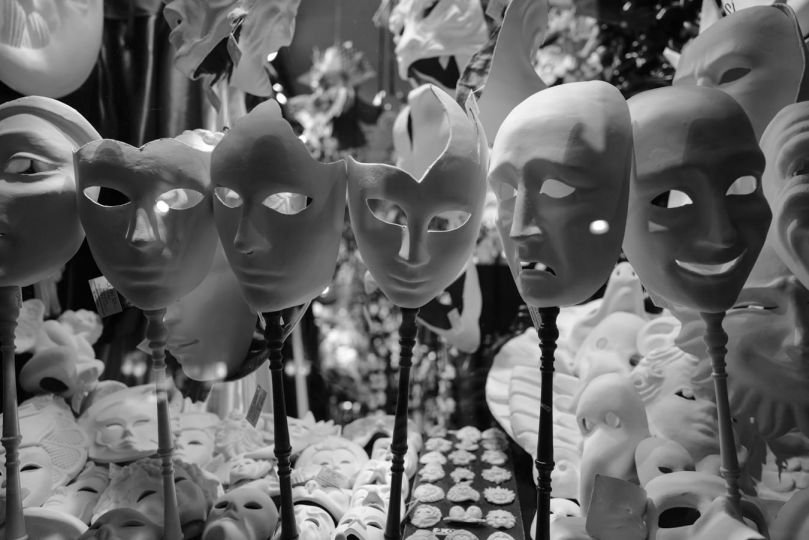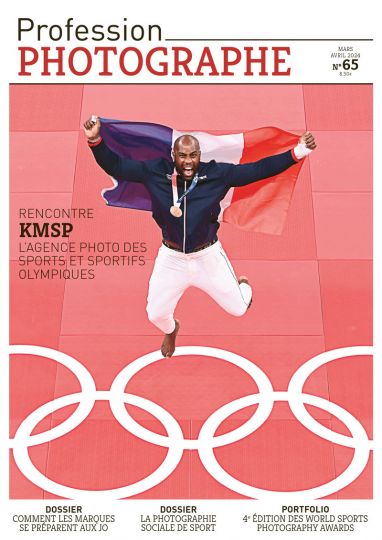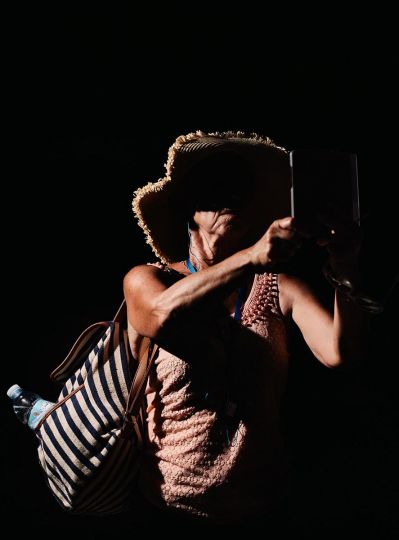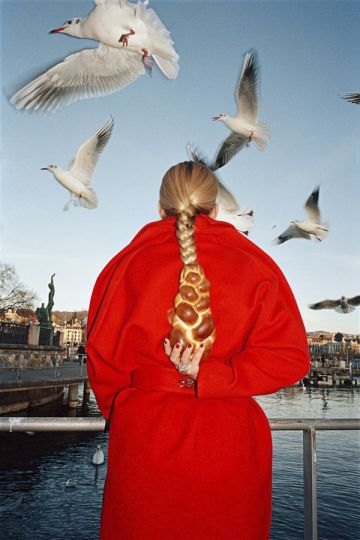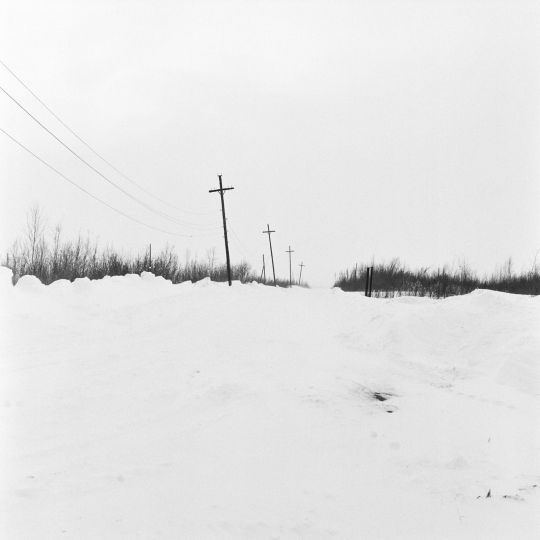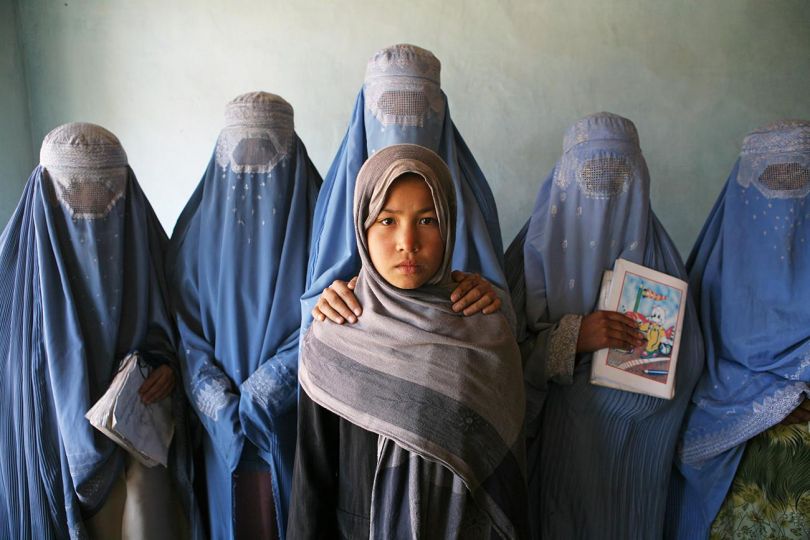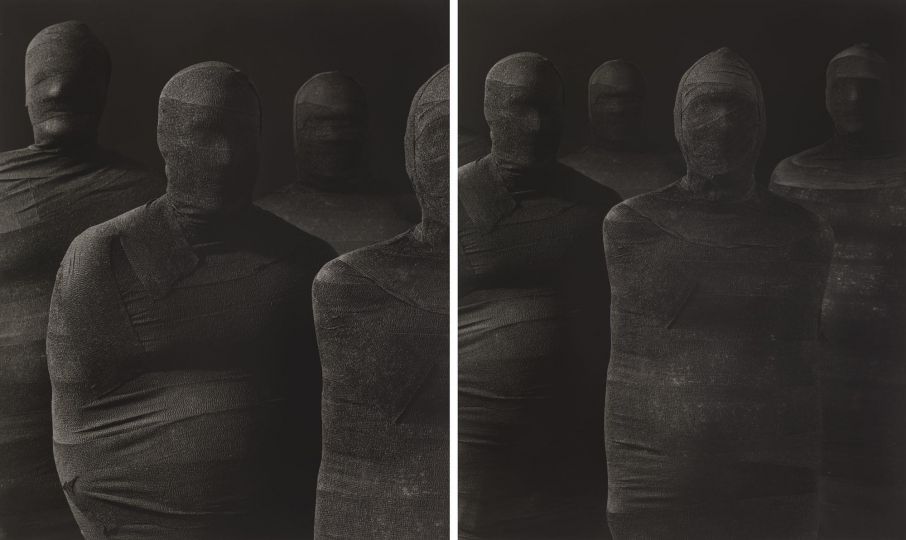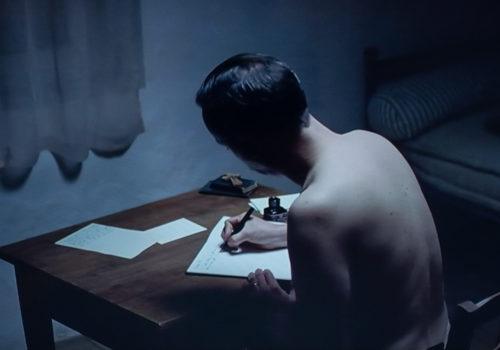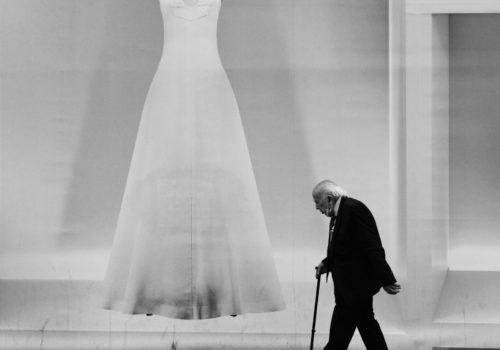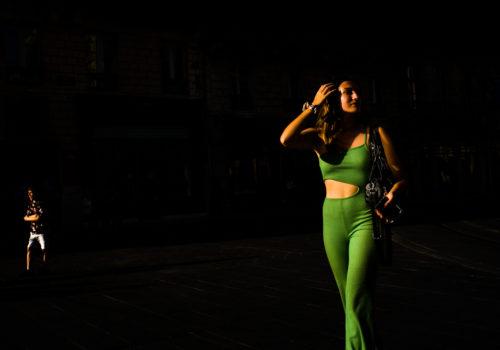The work of remembrance may be difficult, and sometimes painful. Twenty years have passed since these photographs, now published in book form, were taken in Angola, a country in Southern Africa and the territory of an extended Cold War fought here since the country’s independence in 1974.
In late 1992, the communist government, controlled by the People’s Movement for the Liberation of Angola (MPLA), and the guerrillas of the National Union for the Total Independence of Angola (UNITA), supported by the United States and its allies, once more plunged the country into a fratricidal conflict. The fighting broke out following the refusal of the UNITA leader, Jonas Savimbi, to accept the results of the first round of elections, in which his party had suffered a defeat, and the prospect of occupying the post of vice-president in a united national government. Savimbi’s death in 2002, in isolation and abandoned by his former allies—who were only too happy to dip into the MPLA government’s new oil resources and thus to reduce their dependence on Arab states—put an end to a 28-year-old war. September 11, 2011 had passed through there.
Having finished a reportage on Algeria at the time of the Front Islamique du Salut (FIS), I went to cover the civil war in Angola for the Agence France Presse (AFP) and the Associated Press (AP) from March 1993 to 1995. This “tour” ended in 1997, east of Zaire, in the territory of the current Democratic Republic of Congo (DRC, former Zaire), where I filmed the critical participation of the Angolan armed forces in the fall of the dictator and a UNITA ally, Mobutu. Some of the footage was broadcast in France by Canal+, as part of a documentary. During that period, I also collaborated with Reuters, RFI, and other international radio news channels.
In 1993, foreign photographers were not welcome in Angola, whether covering the war on the side of the MPLA government or with the UNITA forces. Suspicion, the desire to keep foreign journalist away, and the remote location of the frontlines, accessible only by military helicopters and with military personnel accreditation, in a country two and a half the size of France, made reporting extremely difficult and dangerous. And, at the time, it was more cost-efficient for a news agency to send a team by car to the gates of Europe to cover the bloodshed in ex-Yugoslavia than to pay the exorbitant costs of flights and hotels with the hope of some images of the war in Angola. Here we go, yet another war in Africa! So nothing new under the sun in the cradle of humanity.
I experienced physical threats, surveillance, and interception of photographic film at airports, conducted by one side or the other. These experiences have punctuated my years of reporting, accompanied by the doubts that, to this day, some figures must be having about my love for this country and its culture. Cold-War reflexes die hard.
Since the end of the conflict, Angola has enjoyed a period of peace and prosperity. I hope that it continues , to be safe from the voracious appetites of foreign political and financial powerhouses. The government has luckily won the war, and I wish with all my heart that it does not lose the peace.
The war does not help men grow; it destroys them. And it is rather presumptuous to use it for one’s own glory or profit, since the voices of the dead will always echo in the chamber of one’s memory.
Jean Charles Gutner
Jean Charles Gutner is a French photojournalist. He lives in Picardie and works on roads around the world.
Jean Charles Gutner, Era Angola
Self-published
€29

